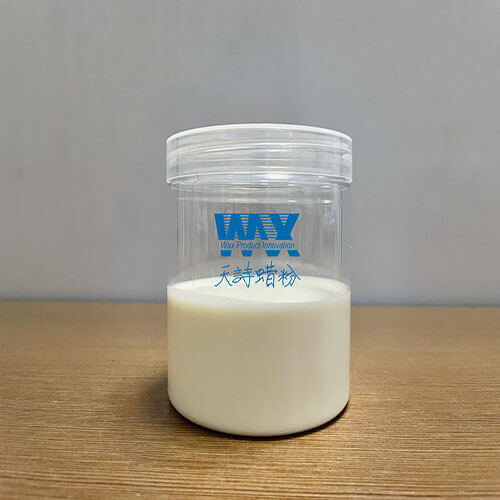2022-05-17 Pageview:590
From food flexible packaging composite printing, to plastic surface printing, and for more printing substrates and printing processes, water-based inks are especially suitable for packaging and printing products with strict hygiene requirements such as tobacco, wine, food, beverages, medicines, and children’s toys.
Water-based ink is an environmentally friendly ink that is composed of water-based emulsion, nano-color paste, and special functional additives under certain conditions. This system uses water to replace 30%-70% of toxic organic solvents in traditional solvent-based inks. At the same time, water-based inks It saves about 30% of the cost of using solvent-based inks. It is more and more favored by the packaging and printing industry around the world, and is gradually expanding rapidly to the newspaper printing industry.
The printing suitability of water-based ink is affected by objective conditions such as printing conditions, surface characteristics of the substrate, ambient temperature and humidity, and storage time. Therefore, when using, it is necessary to use some additives to make fine adjustments to the ink to obtain the best printing effect.

New water-based ink application – Tianshi high transparency and wear-resistant wax dispersion PEW-2004:
PEW-2004 is a high-density wax water-based dispersion with excellent wear resistance and scratch resistance; excellent transparency, which can improve the vividness of colored coatings; adding water-based paints, inks and other water-based systems can significantly improve the coating Layer wear effect and make the coating have excellent slip and scratch resistance.

PEW-2004 abrasion resistance test:
4 pounds of pressure, after grinding 2000 times, the wear resistance effect is good.
PEW-2004 Transparency Test:
Coated on black cardboard, 25 microns film thickness, the transparency of 2004 is obviously better than that of 2001 and 2002 on the left and right sides.
PEW-2004 Centrifugal Stability Test:
After 3000 times/min and 20 minutes of centrifugation experiments, the product is not layered and has good stability.
PEW-2004 Storage Stability Test:
After drying at 55 degrees for 15 days, the product did not float or delaminate.
 Leave a message
Leave a message



We’ll get back to you soon